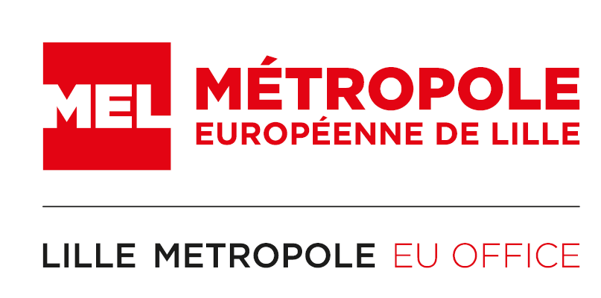
On October 13, partners mentioned above organized an info session entitled “New European Bauhaus & Green Deal in our regions and cities methodology, projects and results”. This session, which brought together about 100 participants, was the occasion to give feedback about the methodology and the cycle of workshops that Lille Metropole, the Hauts-de-France Region and their partners organised on the New European Bauhaus (NEB) in 2022.
This process started on 23-24 February through a first information and co-construction seminar on the NEB for both our territories and European partners.
We continued our cycle with a side event we organised the 9th and 10th June in Brussels in the framework of the first “NEB festival”. An ideal moment to deepen our first reflexions about NEB and to start potential partnerships and projects in 3 specific axis:
Reconnecting with nature, focusing on water cycle, sustainable mobility and green infrastructures.
Design as a tool for social changes.
Circular construction and renovation.
The info session organized during the European Week for Regions and cities, moderated by Romain Nivelle (Director of the Hauts-de-France EU Mission in Brussels) focused on how European regions and cities can seize the opportunity offered by the NEB to achieve the Green Deal goals.
François Decoster, Vice-President in charge of culture, heritage, regional languages and international relations at the Hauts-de-France Region highlighted that the NEB is a great opportunity to restore confidence, optimism and dreams in the transition to a more sustainable society.
Tonia Schmitz, NEB coordinator at the Bauhaus-Universität Weimar, stressed the importance of an interdisciplinary approach as key to address the challenges lying ahead at local, regional, national or global scale. “We need to create a common understanding on the problems we face, in order to join our forces when addressing them”.
Katarzyna Ujma-wasowicz, Vice-Dean for Infrastructure and Organisation at the Silesian University of Technology showed several projects of friendly transformation of public spaces through education and promotion of Universal Design.
At the end of the session a poll showed participants satisfaction about the methodology used, the examples of projects, and the way regional and local authorities can take up the NEB initiative to encourage the creation of a suitable ecosystem and the emergence of green, inclusive and aesthetic projects.

